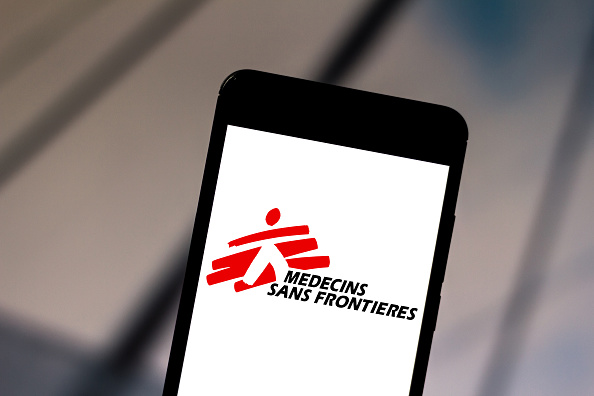Addis Ababa – A senior Doctors Without Borders official who visited Ethiopia said on Tuesday that federal authorities refused to meet her to discuss their investigation into the killing of three staff from the medical charity in the war-torn Tigray region.
The bodies of three people – two Ethiopians and a Spaniard – were found next to their burnt and bullet-ridden car in June 2021 in Tigray, which has been in the throes of a humanitarian crisis since conflict erupted there 20 months ago.
The non-profit, known by its French acronym MSF, said in January that the killing of its staff was “intentional” and not a case of crossfire, following a preliminary internal probe.
“We are distraught that, after more than one year of engagement with the Ethiopian authorities, we still do not have any credible answers on what happened to our colleagues that day,” Paula Gil, President of MSF Spain, said in a statement.
ALSO READ | UN rights investigators begin first visit to Ethiopia
Gil, who concluded a six-day trip to Ethiopia at the weekend, said she “was not granted permission from the authorities to visit Tigray.”
“I was also unable to meet any representatives from the Federal Government to continue the discussion about their investigation into the killing of our three staff.”
“My visit was intended to be a decisive step in our engagement with the Federal Government of Ethiopia, and it is now time to reflect on our next steps,” she said, vowing to hold those behind the murders to account.
The charity has not identified anyone responsible for the killings, after which MSF suspended its operations in parts of Tigray.
It was later barred from working in other parts of Ethiopia affected by the war. The suspension was lifted in October.
ALSO READ | Amnesty urges probe into ‘horrific’ ethnic massacre in Ethiopia
The conflict in northern Ethiopia has driven hundreds of thousands of people to the brink of famine, displaced more than two million and left more than nine million in need of food aid, according to the United Nations.
Fighting has eased since a humanitarian truce was declared at the end of March.
But Tigray continues to face crippling shortages of food and fuel while lacking access to essential services such as electricity and banking, according to aid agencies.
“After 20 months of conflict, now coupled with rising food insecurity and malnutrition, I am extremely concerned by the dire situation faced by populations without access to life-saving medical services,” Gil said.
Prime Minister Abiy Ahmed sent troops into Tigray in response to what he called attacks by the region’s then ruling party, the Tigray People’s Liberation Front (TPLF), on federal army camps.
Follow African Insider on Facebook, Twitter and Instagram
Source: AFP
Picture: Getty Images
For more African news, visit Africaninsider.com


